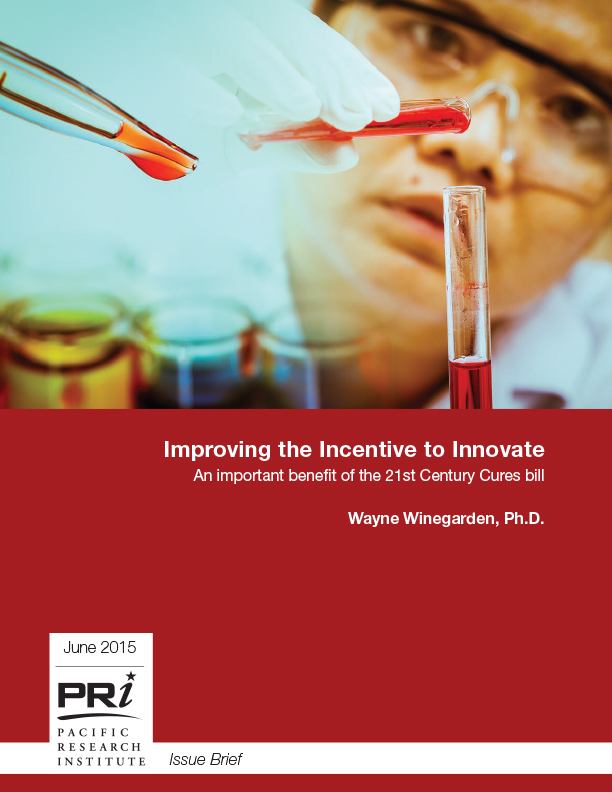NEW BRIEF: Focus Groups Overwhelmingly Disapprove of Government “Negotiated” Drug Pricing
Today, the Pacific Research Institute published an issue brief revealing overwhelming public disapproval for Medicare reforms that Congress is considering as part of its $3.5 trillion spending bill. Click here to read the full issue brief, "Drug Pricing Proposals Threaten America's Most Vulnerable Patients." "It's a relief that Americans oppose Congress's drug pricing proposals once voters learn the true consequences of these misguided reforms," said Sally C. Pipes, the brief's co-author and PRI president, CEO, and Thomas W. Smith Fellow in Health...


